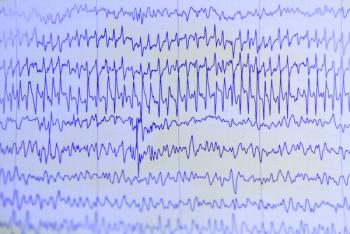Anxiety is a ubiquitous, natural affective state that is essential for evolutionary survival. Nearly as common, however, are experiences of anxiety that exceed social, psychological, or physiological needs, leading to functional impairment. Indeed, primary anxiety disorders, including panic disorder, social phobia, and generalized anxiety disorder (GAD), represent the most common category of mental illness in the United States. Secondary, or reactive, anxiety is also widespread and can arise not only from numerous medical causes but also from the psychological process of coping with illness.




